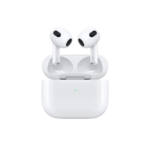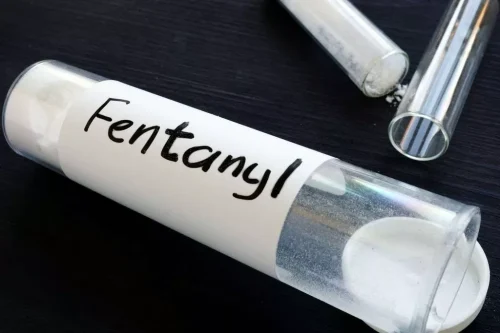
Lean on support groups or trusted individuals who understand what you’re going through. You might find quitting weed tougher than expected due to several underlying reasons. When you choose an outpatient or intensive outpatient program at Renaissance, you’ll get care in line with your needs and the severity of your addiction while continuing at home, work, or school. You’ll be surrounded by others dealing is marijuana addictive with similar issues in a welcoming and inclusive environment. The downside, however, is that you are more likely to relapse when detoxing yourself.
The Connection Between Trauma and Substance Abuse
The societal acceptance of cannabis,(1) its easy availability, the increasing potency of THC, and the challenging psychological withdrawal symptoms all play a significant role. These symptoms can help you recognize if marijuana is affecting your life in ways that might require change. If you see several of these signs in yourself, it might be time to consider cutting back or seeking help to quit. Triggers are things that make you want to smoke weed, like certain places, people, or emotions. For example, if you usually smoke after a stressful day or when you hang out with certain friends, these situations are your triggers. Again the detox journey from marijuana varies from individual to individual.
The Role of Emotional Intelligence in Preventing Relapse
Clinical profile of participants in a brief intervention program for cannabis use disorder. Drug addiction support isn’t just for those directly affected by addiction. Loved ones need support too, and these groups can provide valuable resources and coping strategies. Regular exercise, a healthy diet, and good sleep habits can help your body and mind recover from the effects of long-term marijuana use. Now, let’s address the elephant in the room – or should I say, the joint in the ashtray? There are more misconceptions about marijuana addiction than there are strains of weed.
- You’ll be surrounded by others dealing with similar issues in a welcoming and inclusive environment.
- In addition to reducing your cannabinoid receptors, too frequent use can also prime the brain’s reward center to reflexively motivate you toward using cannabis when anxious or under stress.
- You might find quitting weed tougher than expected due to several underlying reasons.
- Like people with alcohol problems and other substance abuse disorders, they have a medical condition that requires intervention.
- Finding a facility with a full continuum of care is essential from overcoming an addiction.
Benefits of Out-of-State Rehab
- Although it’s widely believed that marijuana is harmless, it’s possible to develop an addiction.
- If you’ve been using marijuana for an extended period, you are more likely to go through a more extended detox period and experience more severe withdrawal symptoms.
- Combining bleach with baking soda makes the hair even weaker and more likely to break.
- Working to prevent a relapse after your marijuana detox is very crucial.
- The Substance Abuse and Mental Health Services Administration (SAMHSA) Helpline is a vital resource for individuals struggling with marijuana addiction.
People who care more about the drug use will be less supportive,” Dr. Streem says. And for those who need a little extra help, there are medication-assisted treatment options available. These medications can help manage withdrawal symptoms and cravings, making the journey to sobriety a little less bumpy. Your healthcare provider may prescribe medications to treat co-occurring mental health disorders. For example, they might prescribe antidepressants to treat symptoms of anxiety or depression.
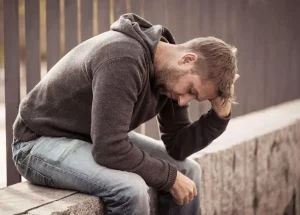
To test positive, a certain level of marijuana chemicals must be found in the hair. Casual exposure, such as briefly being in a room where marijuana was smoked, usually doesn’t reach this level. Scientists use special methods in the lab to make sure they know the difference between someone who actually used marijuana and someone who was only around smoke for a short time. Hair follicle drug tests are among the most comprehensive screening methods available today, capable of detecting substance use for up to 90 days—a significantly longer window than urine or saliva tests. Unfortunately, the one thing doctors can’t do is prescribe medication to specifically help with giving up weed. While several drugs have been tested, no drug has been shown effective in helping people to quit pot.
Treatment the Way You Need It
- Of the approximately 40 percent of teens who experienced marijuana withdrawal symptoms, they were also more likely to meet the criteria for mood disorders.
- In some professions, trying to cheat a test could mean losing your professional license or facing severe penalties.
- Reaching out for support is a strong and positive step toward recovery.
- Quitting weed is a significant step towards a healthier lifestyle, so taking time off if you experience withdrawal symptoms is an important part of your journey.
- Now, you might be thinking, “But wait, isn’t weed supposed to be harmless?
This area of the brain is paramount in the development andtreatment of addiction. But using too much weed can lead to uncomfortable side effects, including psychosis. The risk for negative side effects and overdose is more significant when people use marijuana products with high THC levels, according to NIDA. Addiction marijuana addiction to weed is especially likely when it is used often over an extended period. Cannabinoids in weed can raise resting heart rate, dilate the blood vessels and make the heart pump blood harder. Research shows that people with existing cardiovascular problems like heart disease who are also under stress, develop chest pain more quickly after smoking marijuana.
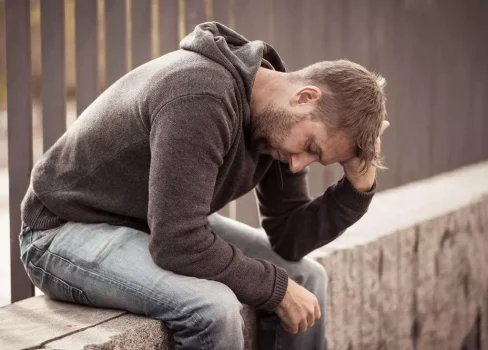
Signs and Symptoms of Marijuana Addiction #
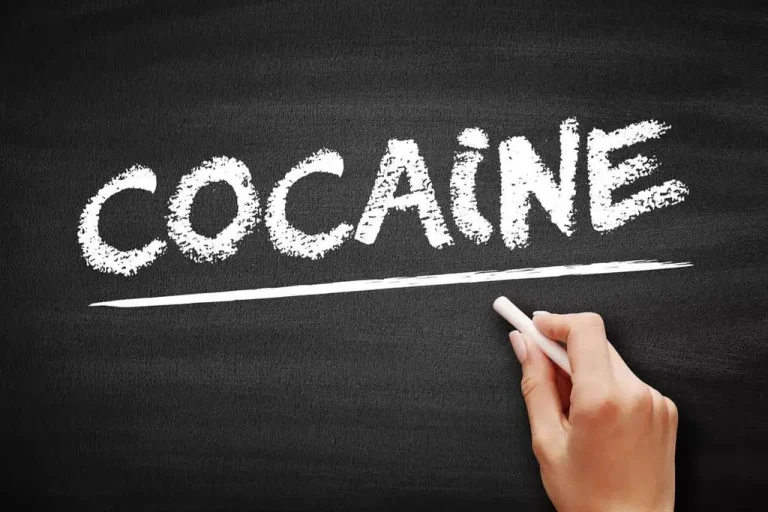
It can make you more intoxicated and increase your risk of developing marijuana use disorder (becoming addicted). While quitting cold turkey isn’t easy and often leads to more intense withdrawal symptoms, there are some reasons people might choose this method. Once you decide to stop smoking weed, your first decision is to pick which approach is right for you and your needs.












